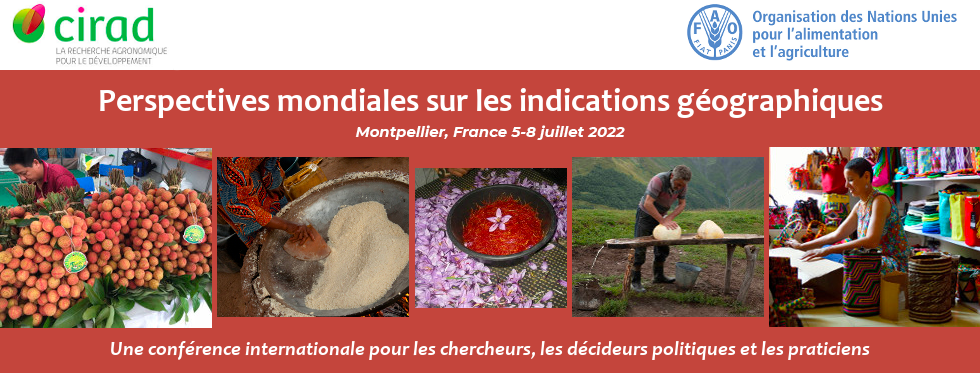Food sustainability is an increasingly relevant issue not only for consumers, progressively demanding and attentive to their purchasing choices, but also for public authorities policies and food companies, which, in the next few years, are going to face radical transformations of their productive, managing and structural systems toward a greater overall sustainability. Therefore, we are currently witnessing an historical moment in which the food sector is attempting to develop new sustainability strategies, whose efforts and achievements could also represent valid and objective communication tools towards consumers. Furthermore, this pattern is increasingly involving also Geographical Indications (GIs) and their legal protection and promotion institutions, since GIs naturally generate public goods and meet sustainability expectations expressed by consumers and society, representing an additional quality plus on the market. The main difficulties are how to set an efficient system of data collection and implement an effective communication system toward consumers.
The aim of this paper is to present a methodological approach for the assessment of the overall sustainability of the Parmigiano Reggiano Local Agri-food system (LAFS) suitable for the management of the whole system by the Parmigiano Reggiano Consortium (CFPR) and for an effective marketing and communication strategy both towards consumers and territorial stakeholders. In short, the purpose is leading the management of the CFPR to focus on the enhancement of its own productive activities in order to achieve a more sustainable performance and communicate in an accessible and understandable way where, how and why Parmigiano Reggiano is sustainable.
To this aim, a set of indicators gathered from the FAO-SAFA approach were used to assess the sustainability of a representative sample of the PR-LAFS Parmigiano Reggiano dairies. These indicators - quantitative and qualitative - regarding the environmental, economic, social and governance dimensions have been also arranged according to the CFPR marketing strategy and classified following its sustainability values.
Through the evaluation of dimensional and synthetic indexes, the proposed approach led to a systemic understanding of the sustainability level of the CFPR dairies and highlighted strengths and weaknesses of the entire LAFS over time under the technical and economic pressure. The results showed an overall positive system performance, especially in terms of animal welfare, local territory impact (soil and identity features) and surrounding community involvement; on the contrary, some critical issues were observed in terms of environmental sustainability (energy sources and employed fuel) and economic resilience (commercial strategies and stability in markets).
In conclusion, the innovation of this approach consists in the development of a highly contextualized sustainability assessment strategy based on a specific GI, as well as an effective collective marketing tool for the stakeholders and the governance core. Furthermore, an evolving update of collected data may also point out the effects of the implemented policies over time and, above all, show the consumers the system ongoing trend and the sustainable improvements.



